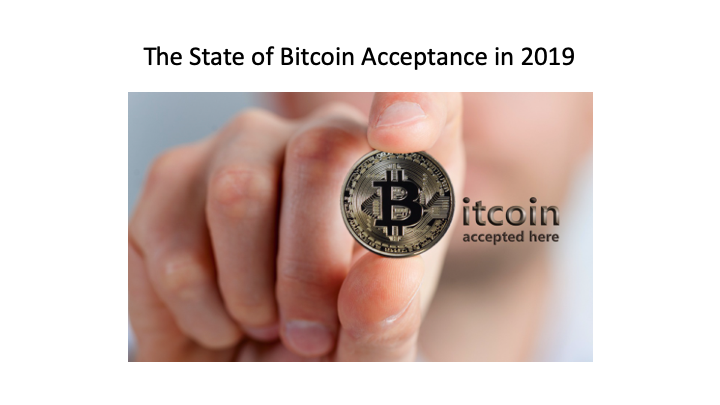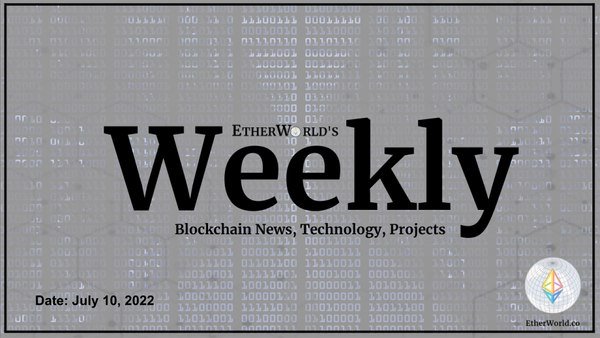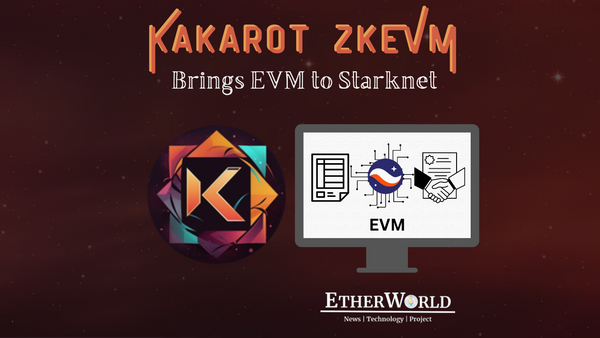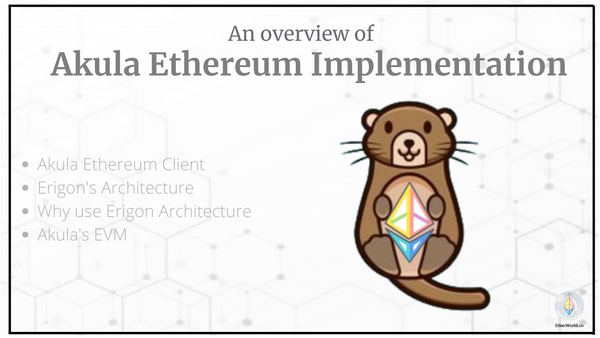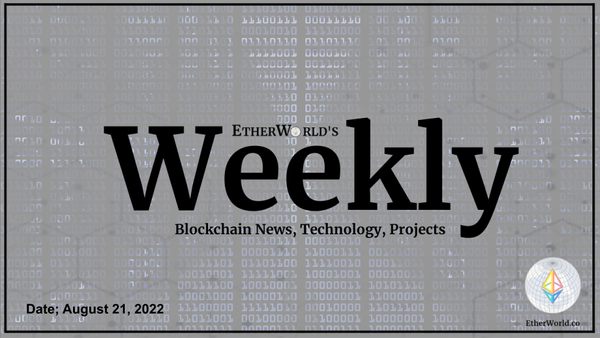In June 2019, one of the most celebrated football clubs in Europe announced its initial foray into the world of cryptocurrency transactions.
Through a partnership with payments processor Utrust, fans of the legendary Benfica sporting club of Portugal can now purchase match tickets and merchandise with Bitcoin and Ethereum.
Football Embraces Cryptocurrency
Benfica often competes in the UEFA Champions League and the Europa League, which suggests that other clubs will probably follow suit soon.
What makes the Benfica announcement particularly significant is that European football clubs have been mostly guarded regarding cryptocurrency, and this is probably related to executives feeling comfortable holding euros.
Since Benfica is using a payments processor, Bitcoin payments will most likely be exchanged into euros real quick, but this is still a major development in terms of Bitcoin acceptance in 2019.
While Bitcoin still has a long way to go before its circulation can come close to that of the euro or the United States dollar, things are definitely looking better for the world’s most valuable digital currency in 2019.
As Bitcoin continues to gain acceptance, its likelihood of being used for fraudulent means will increase, and critics will surely pounce on every instance.
What is missing from the bitcoin criticism is the undeniable fact that fiat currencies have been used for shenanigans, scams and various crimes for many centuries, and this could be hindered to a great extent by the public ledger of transactions recorded by the Bitcoin blockchain.
Following are some recent additions to the growing number of stores and business entities that have adopted Bitcoin as a payment option, which also includes some major retailers.
Whole Foods
Ever since e-commerce giant Amazon gained this gourmet and organic food supermarket a few years ago, retail analysts predicted that cryptocurrency was just around the corner, and they were right.
As of May 2019, Whole Foods accepts:
- Bitcoin
- Ethereum
- Bitcoin Cash
- Gemini
The technology firm involved in bringing Bitcoin payments to Whole Foods is Flexa, and it is doing so with its Spedn mobile app for the iPhone.
The reason the Gemini token, which is pegged to the value of the U.S. dollar, is also accepted is that the Gemini cryptocurrency exchange is providing support.
This exchange was founded by the Winklevoss twins, early Facebook investors who are also working on GlobalCoin, the future digital currency of Facebook, WhatsApp and Instagram.
The Flexa network and Spedn app also work at:
- Baskin Robbins
- Nordstrom
- Crate and Barrel
- Starbucks
Expedia and CheapAir
These two online travel agencies have been accepting Bitcoin since last year, but they do not promote this form of payment too much, perhaps because they may be tied to a third-party processor with higher fees.
Expedia is one of the most recognized names in terms of online travel reservations; CheapAir started operating a few years ago, right at the time budget airlines set off a major airfare war.
Microsoft
When this technology giant announced that the next version of its popular Xbox video game console in 2020, the company reminded prospective buyers they could pay for their purchases with Bitcoin.
Venezuela and Zimbabwe
It wouldn’t be hyperbolic to say that the use of Bitcoin by residents of Venezuela and Zimbabwe has probably prevented full-blown civil wars in both countries.
With hyperinflation gone out of control in Venezuela, the national currency has devalued to the point of being worthless; to make matters worse, the despotic regime of President Nicolas Maduro exerts tight currency controls to prevent the circulation of the American dollar.
A similar situation, but without the strict currency controls, is experienced in Zimbabwe.
In these two troubled nations, Bitcoin has become the de facto currency because the sovereign fiat no longer buys anything.
This is precisely the application that Bitcoin founders were looking for when they released their first version of the blockchain network: a decentralized alternative to failed currency systems.
In the case of Venezuela, the ruling illegitimate government tried to freeze the assets of the opposition leader, but they could not do so because they are held in a secure Bitcoin wallet.
The Future of Bitcoin Acceptance
Since 2013, Bitcoin acceptance in terms of stores and businesses that accept it for payment has grown by over 700 percent; by this trend alone, it would be safe to expect more exponential growth and increased circulation, however, there are certain factors to consider.
Digital currencies will one day become as ubiquitous as credit and debit cards, but we cannot say with certainty that Bitcoin will be a brand name such as Visa and MasterCard.
Bitcoin has been the subject of great controversy since it was launched a decade ago. Its critics often point out that the potential for anonymity that digital currencies provide will only contribute to the spread of the underground economy and organized crime.
There are two problems with this flawed assumption; first, Bitcoin is hardly anonymous because its underlying blockchain serves as a public ledger.
Second, economists have pointed out that the U.S. dollar and other fiat currencies are more inherently anonymous than Bitcoin, which is why they are more commonly used in the underground economy.
Financial enforcement and transparency would be strengthened with increased Bitcoin circulation.
About Author
Jen McKenzie is an independent business consultant from New York. She writes extensively on business, education and human resource topics. When Jennifer is not at her desk working, you can usually find her hiking or taking a road trip with her two dogs. You can reach Jennifer @jenmcknzie
Image source: pixabay.com
____________________________________________________________________________________________________ Disclaimer: This is a guest post. Content of the article is author's work and opinion. It should NOT be viewed as an investment advice by EtherWorld.co. Readers are suggested to do their research before investing into any project. Subscribe for Blockchain Weekly Newsletter. Follow us at Twitter, Facebook.


